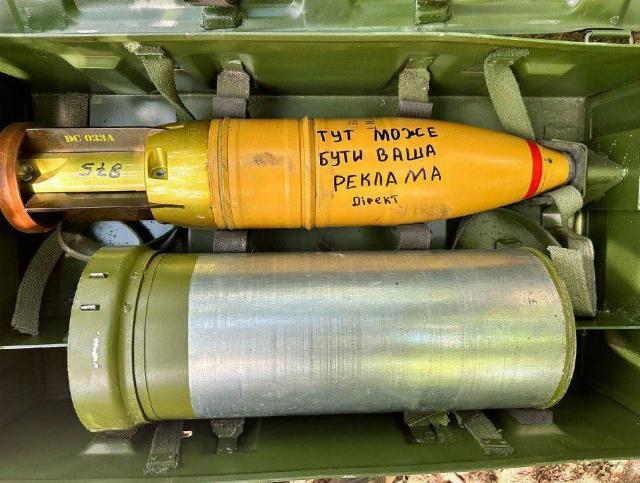SOURCE: AFI


The European Union is reportedly exploring India as a potential supplier of artillery shells and small ammunition to support Ukraine, following a dramatic halt in U.S. weapons deliveries. The shift comes after a heated exchange between U.S. President Donald Trump and Ukrainian President Volodymyr Zelensky during a White House meeting, where discussions of a possible peace deal reportedly devolved into a verbal shouting match. With tensions rising and traditional supply chains disrupted, the EU is now looking eastward to bolster its support for Kyiv.
The White House meeting, intended to explore pathways to de-escalate the ongoing Russia-Ukraine conflict, instead exposed deep fissures between Washington and Kyiv. Sources familiar with the encounter describe a tense confrontation, with Trump pressing Zelensky to consider concessions to Moscow as part of a broader peace framework—a stance Zelensky vehemently rejected. The Ukrainian leader, whose country has relied heavily on U.S. military aid since Russia’s invasion in 2022, reportedly accused Trump of undermining Ukraine’s sovereignty, while Trump countered that endless funding and arms shipments were no longer sustainable for American taxpayers.
In the wake of the fallout, the U.S. announced a suspension of new weapons shipments to Ukraine, including critical supplies of 155mm artillery shells and small arms ammunition. The decision has sent shockwaves through NATO capitals, prompting the EU to scramble for alternative solutions to keep Ukraine’s war effort afloat.
With the U.S. stepping back, the European Union has turned its attention to India, a rising global player with a burgeoning defense industry. Indian manufacturers, such as the state-owned Munitions India Limited and private firms like Tata Advanced Systems, have significantly expanded their production capacities in recent years. India’s ability to produce cost-effective, NATO-compatible artillery shells and small-caliber ammunition has caught the eye of EU officials desperate to fill the gap left by the American withdrawal.
“India has the industrial base and the geopolitical neutrality to step into this role,” said a senior EU diplomat, speaking on condition of anonymity. “Unlike the U.S., they’re not entangled in domestic political debates over Ukraine, and their production lines are already humming.” Preliminary talks between Brussels and New Delhi are said to be underway, with a focus on expediting shipments to EU stockpiles, which would then be funneled to Ukraine.
India’s potential involvement marks a significant shift in the global arms supply chain. Historically a major importer of weapons, India has pivoted toward self-reliance under Prime Minister Narendra Modi’s “Make in India” initiative. Today, it exports munitions to over 85 countries, including nations in Asia, Africa, and the Middle East. Supplying the EU could elevate India’s status as a key player in the defense market while deepening its strategic ties with Europe.
The EU’s pivot to India is not without hurdles. Logistical bottlenecks, including shipping routes and compatibility with Ukraine’s existing arsenal, could slow the process. Additionally, India’s longstanding policy of strategic autonomy—balancing relations with the West, Russia, and China—may complicate negotiations. New Delhi has maintained a neutral stance on the Ukraine conflict, abstaining from UN resolutions condemning Russia and continuing trade with Moscow. Any move to arm Ukraine could strain India’s delicate diplomatic tightrope.
NOTE: AFI is a proud outsourced content creator partner of IDRW.ORG. All content created by AFI is the sole property of AFI and is protected by copyright. AFI takes copyright infringement seriously and will pursue all legal options available to protect its content.